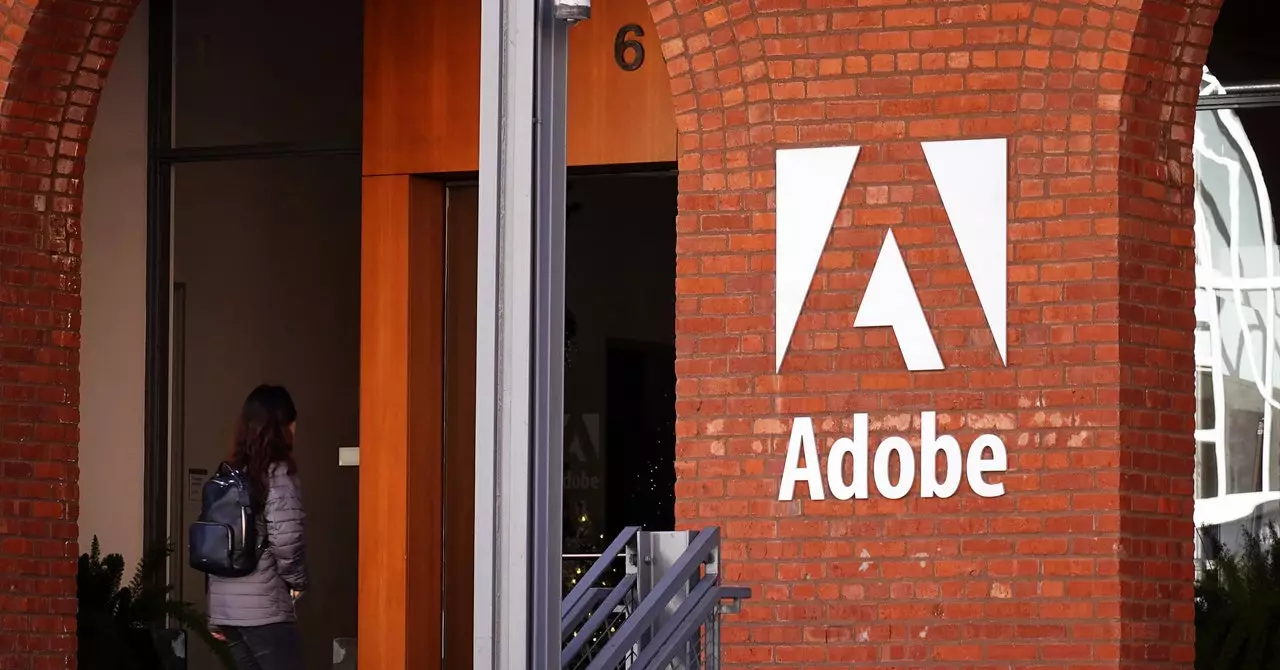When news broke about Adobe’s revised terms of service in February, users were quick to express their concerns. The updated terms stated that Adobe could access user content through various methods, including machine learning, to enhance its services and software. This led many to believe that Adobe was requiring users to grant unrestricted access to their work, particularly for training its generative AI, Firefly.
Following the uproar, Adobe released a statement clarifying that it would not be using user content to train Firefly and offered the option for users to opt out of content analytics. However, the ambiguous language in the initial terms update had already sparked widespread skepticism among artists who heavily rely on Adobe’s tools for their work.
Artists like Jon Lam from Riot Games expressed their distrust towards Adobe, citing instances where artists discovered their work being used without consent on Adobe’s platform. Award-winning artist Brian Kesinger found generated images in his style being sold under his name on Adobe’s stock image site, while the estate of the late photographer Ansel Adams accused Adobe of selling AI imitations of his work.
The controversy surrounding Adobe’s updated terms of service also reignited discussions about the company’s market dominance and its potential impact on artists’ livelihoods. Despite Adobe’s reassurances that the updated terms do not grant the company ownership of user content, some artists remain skeptical about the use of their work to train Firefly.
The issue of nonconsensual use and monetization of copyrighted work by generative AI models is not new. Artists like Karla Ortiz and Greg Rutkowski have faced similar challenges in the past, prompting lawsuits against companies using their work without permission. Adobe’s position as an industry standard for creative professionals has only intensified concerns about the potential misuse of user content.
Adobe’s attempted acquisition of product design company Figma was thwarted due to antitrust concerns, highlighting the company’s significant market presence and influence. The incident serves as a reminder of the potential risks that come with one company holding such a dominant position within a particular industry.
Adobe’s updated terms of service have sparked a wave of apprehension and mistrust among artists who fear the implications of granting access to their work for AI training. The company’s attempts to clarify its stance have not fully alleviated concerns, leading to a broader discussion about the balance between innovation and the protection of artists’ rights in the digital age.


Leave a Reply